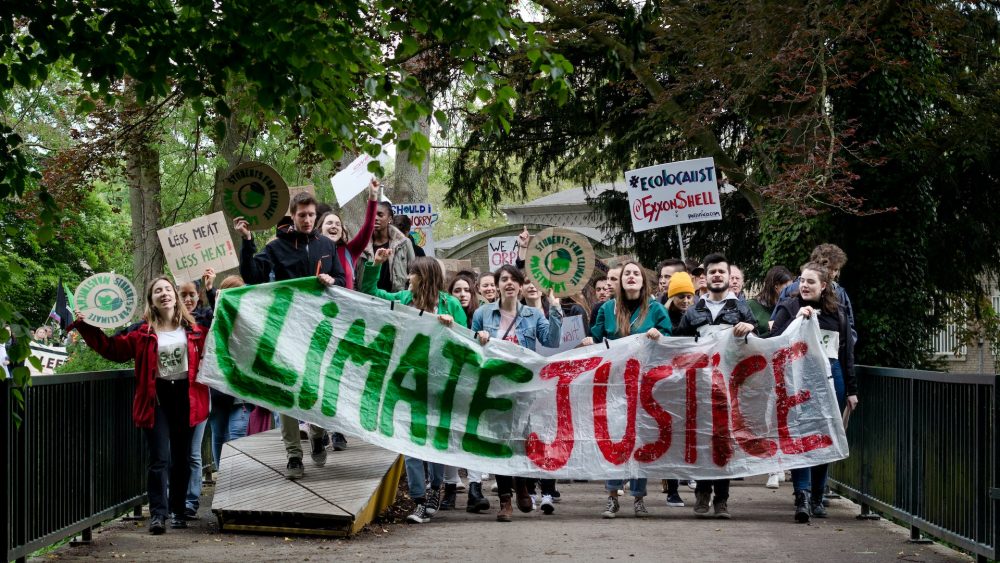Another Climate Week – let’s use it as an opportunity to put our house in order, says Liz Zeidler
Our world is awash with climate ‘solutions’. From recycled goods to renewable energy; from flood mitigation to carbon capture technology. As climate change turns to climate crisis and ever closer to climate catastrophe, thinking and actions are switching to crisis management mode.
But as is often the case when humans are in crisis management mode, they lose sight of the root cause of the crisis as they find themselves up to their necks in dealing with its consequences. But if the fire brigade focused on hosing down the burning building without turning off the huge gas leak that was fuelling it, or if the army simply kept adding more sandbags to the flooding riverbank without plugging the huge hole in the dam upstream – everyone would see and call out the madness in those choices.
So too with the climate. Yes we must urgently do all we can to mitigate against the worst impacts of this crisis and change our habits to reduce future damage, but if we do nothing to change the economic system that is driving that crisis day in day out, year in year out, then the dam will break and we are merely putting off our inevitable descent into catastrophe.
Over 50 years ago, Robert Kennedy said that for “Too much and for too long, we seemed to have surrendered community values in the mere accumulation of material things”. If it was too much and for too long in 1968 surely now, with the accumulation of unimaginable wealth by the richest 1%, with the air we breathe and the land and water we rely on at stake, surely it is time to do as Kennedy implored and ‘do much, much better’?
The climate and the natural world that it, and we are a part of, are not the only things ignored and undervalued in our obsession with growing wealth. The economy, as we currently allow it to be run, cares little for human health, social health, community trust and belonging, global and local justice except when they stand in the path of productivity.
And we need to be clear – we are letting it run like this. We are an active part of this economic model – in how we vote, in what we buy, in the choices we make day by day, in the media we consume and the behaviours we reward, and in our acceptance of the status quo.
But a different economy is not just possible. It’s happening. In pockets of every community, where people are sharing resources and making their own energy on their rooftops. It is happening in the proliferation of local businesses and organisations who are moving to employee ownership and social enterprise models of delivery. It’s happening in town halls, and local and regional governments, who are embracing and embedding economic frameworks and plans that put the wellbeing of people and planet at the heart of every decision they make.
This is a Wellbeing Economy – it is the new dam at the head of the river, it is the surgery needed to cut out the cancer that is causing the multiple social and environmental crises we face.
So this Climate Week, as the UN debates how best to manage the climate crisis, as they once again release reports outlining the magnitude of the task in hand and the degree to which we are failing even on our own previously agreed targets and goals, let us look to the root cause and aim to do ‘much much better’. Let us educate ourselves and our children that ‘ecology’ is the understanding of our ‘home’ and ‘economy’ is the management of it. We only have one home and we are currently filling it with unbreathable air, making it too hot to live in, and using the materials that make up its floor, its walls and its roof to make more and more things to stuff into its crumbling structure.
Let us reclaim our economy and start really managing our home – which means focusing all our efforts, our time, our resources, our intelligence, our work and our skills on growing the wellbeing of the people and planet that make our home a home we can all continue to live in.
Liz Zeidler, CEO
If you’d like practical support to help shift your organisation, community or region to a Wellbeing Economy approach , CTP is here to help. Get in touch at hello@centreforthrivingplaces.org



Comments are closed.